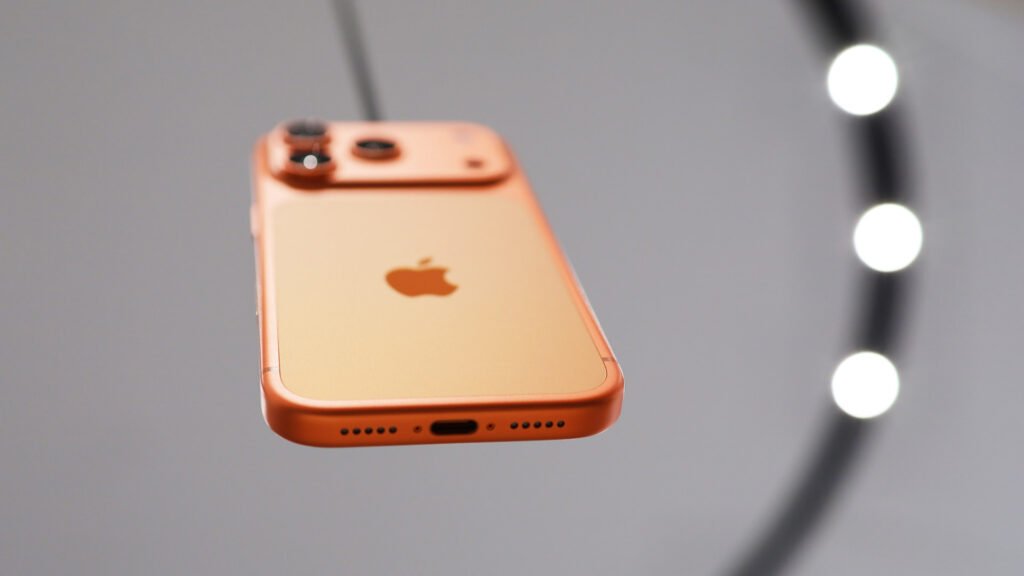
On the heels of wider acceptance of school phone bans and taking “digital breaks,” South Australian experts have produced more evidence of the potential benefits to student well-being, mental health outcomes and their overall lived experience.
New research by Flinders University and international experts focused on school students’ feedback before and after mobile phone bans were introduced in South Australia in June 2023, as well as in-depth follow-up insights from hundreds of students on the mobile phone ban.
“Together, the two studies highlight that phone-free schools seem to provide students with a valuable ‘digital break’ that supports both mental health and learning,” says research fellow and clinical psychologist, Dr. Marcela Radunz, from the College of Education, Psychology and Social Work at Flinders University.
“The findings also reaffirm that while bans can be a cost-effective tool, they should be paired with broader strategies, including digital literacy and mental health programs, to prepare young people for life in an increasingly digital world.”
The latest study published in Computers in Human Behavior highlights a range of positive responses among wide-ranging student feedback, taken from about 7,000 open-ended survey answers completed by more than 1,500 students, from five SA schools.
These include:
- Stronger social connections—more face-to-face interaction, better quality conversations, and greater awareness of peers and their surroundings.
- Improved classroom focus—less distraction, greater engagement in learning, and reports of higher grades, with teachers also spending less time managing phones.
- Better health and safety—reduced screen time, more exercise, improved mood, and less cyberbullying and conflict. Many students described their schools as happier, friendlier, and safer environments since the ban.
As one student put it: “Ever since we have had the phone ban, we have no fights. People are making more friends and are socializing and playing more sports during break.”
The earlier study, also published in Computers in Human Behavior, compared student mental health between schools with and without bans, before and after SA’s statewide ban was introduced.
The results showed a clear link between phone bans and lower levels of psychological distress, including reduced symptoms of anxiety and depression. Students also reported fewer negative effects tied to problematic phone use, such as fear of missing out, risky behavior, and social comparison.
Professor of Psychology Dan King, senior author of the studies, adds, “Although improvements were modest, research is supporting the idea that even small reductions in psychological distress could have important public health implications if implemented at a large scale.”
Smartphone ownership among young people has skyrocketed in recent decades, with ownership exceeding 90% in many countries. As phones become an everyday part of adolescent life, there are growing concerns about their impact on mental health.
There is a growing body of research showing that excessive smartphone use can negatively impact well-being, contributing to increased anxiety, depression and stress among adolescents.
In response, many countries, including Australia, have introduced mobile phone bans across schools in an effort to reduce potential harms and support student well-being. However, until recently, evidence of their effectiveness has been limited and mixed.
“These new studies shed light on how phone bans are influencing young people in South Australia, both in terms of mental health outcomes and students’ lived experiences,” says Flinders Professor King, also from Flinders University’s College of Education, Psychology and Social Work.
More information:
Stéphanie Baggio et al, Psychological consequences of school mobile phone bans: Emulated trial of a natural experiment in South Australia, Computers in Human Behavior (2025). DOI: 10.1016/j.chb.2025.108767
Eran Bar et al, Student perspectives on banning mobile phones in South Australian secondary schools: A large-scale qualitative analysis, Computers in Human Behavior (2025). DOI: 10.1016/j.chb.2025.108603
Citation:
More evidence that school phone bans help students’ well-being (2025, September 9)
retrieved 9 September 2025
from
This document is subject to copyright. Apart from any fair dealing for the purpose of private study or research, no
part may be reproduced without the written permission. The content is provided for information purposes only.







